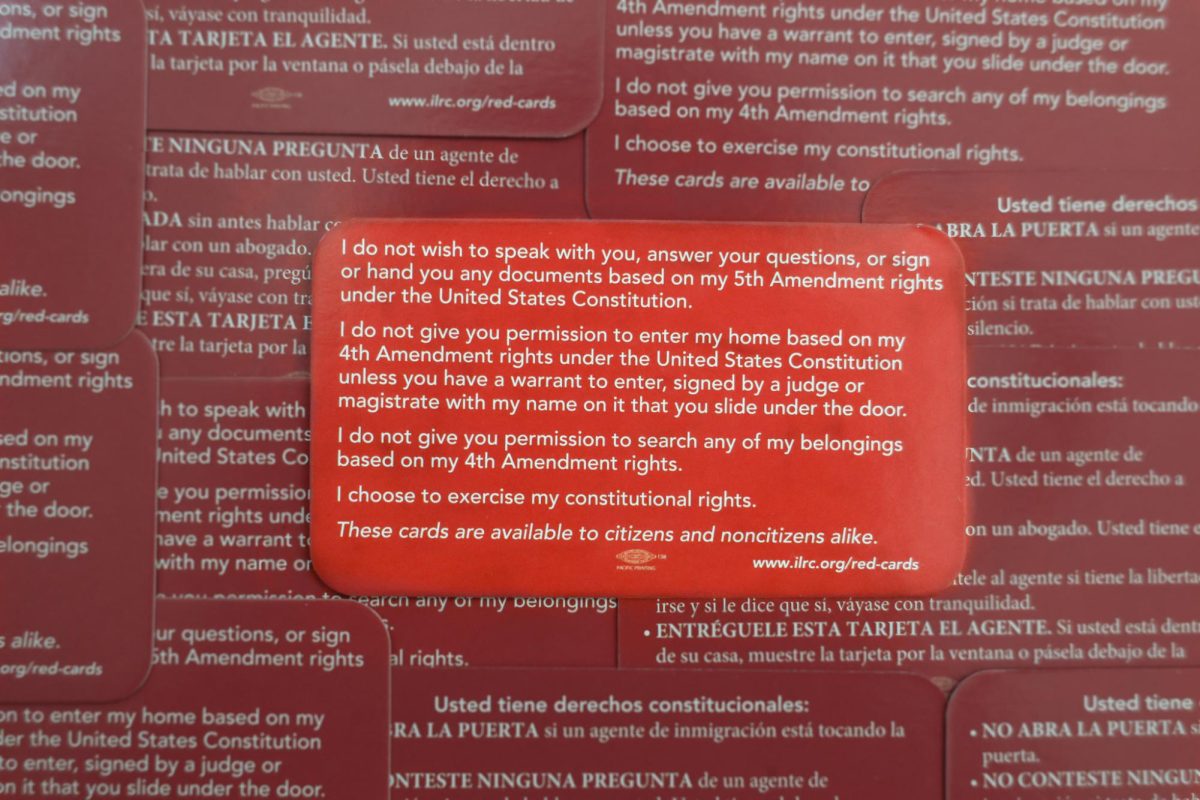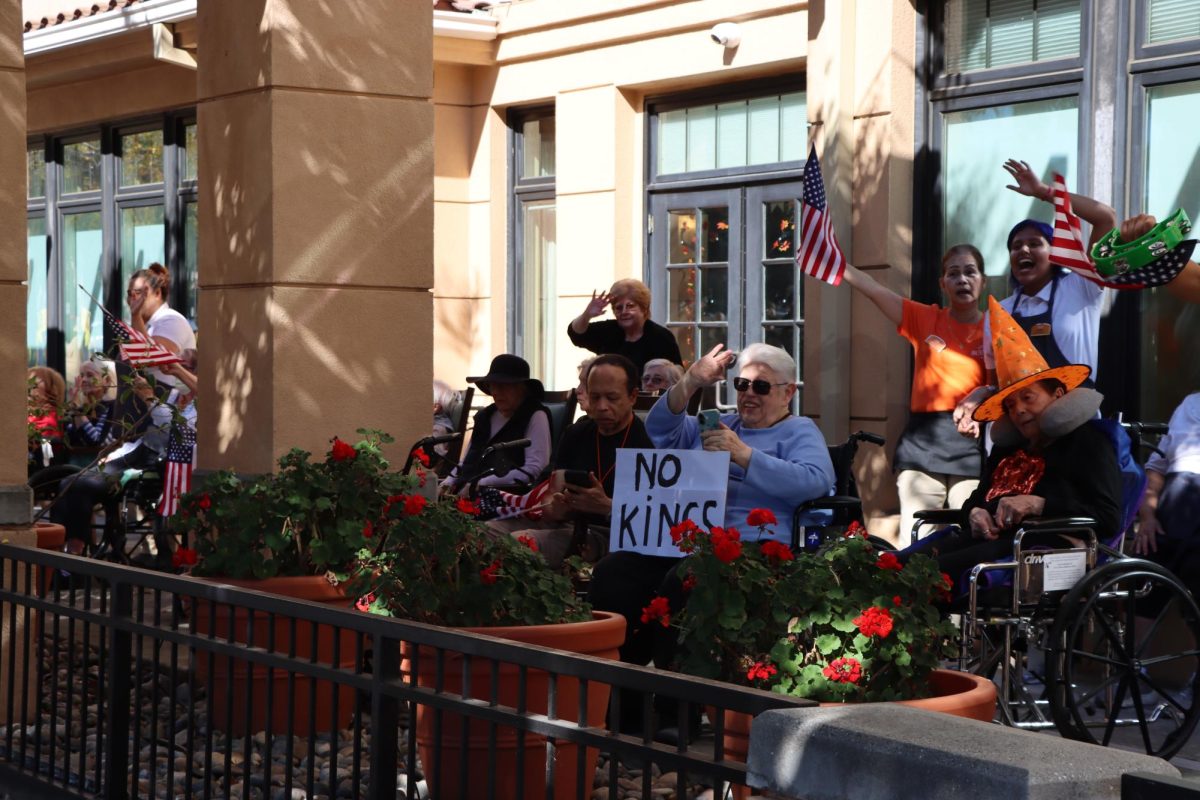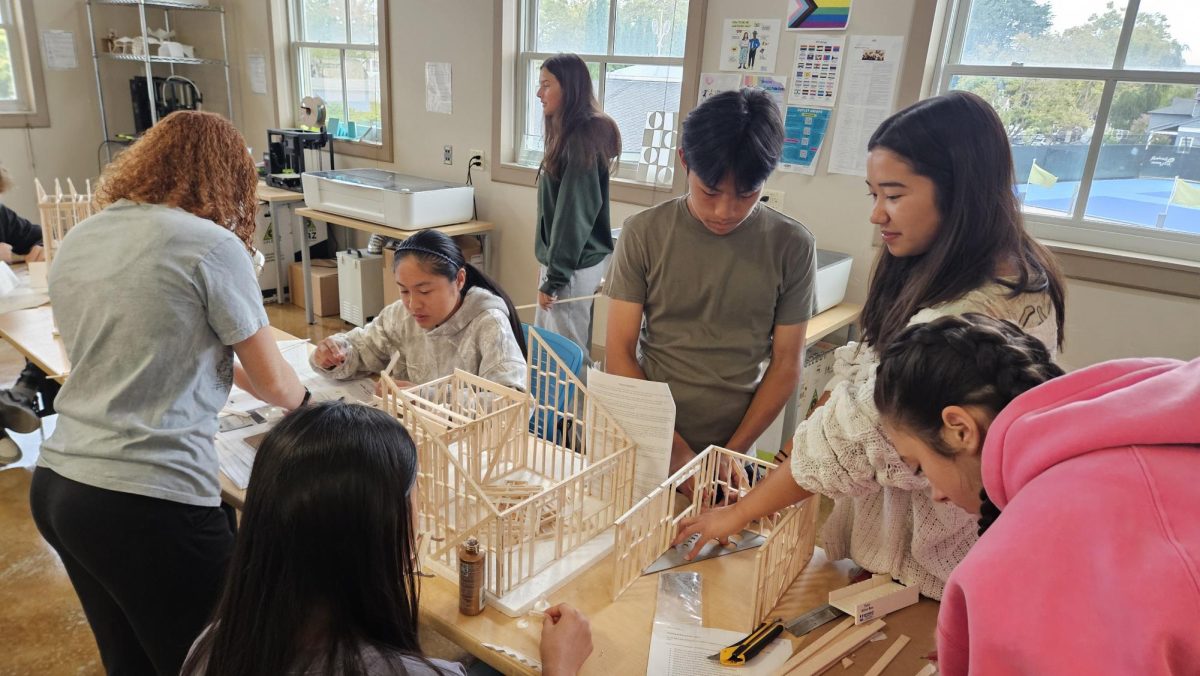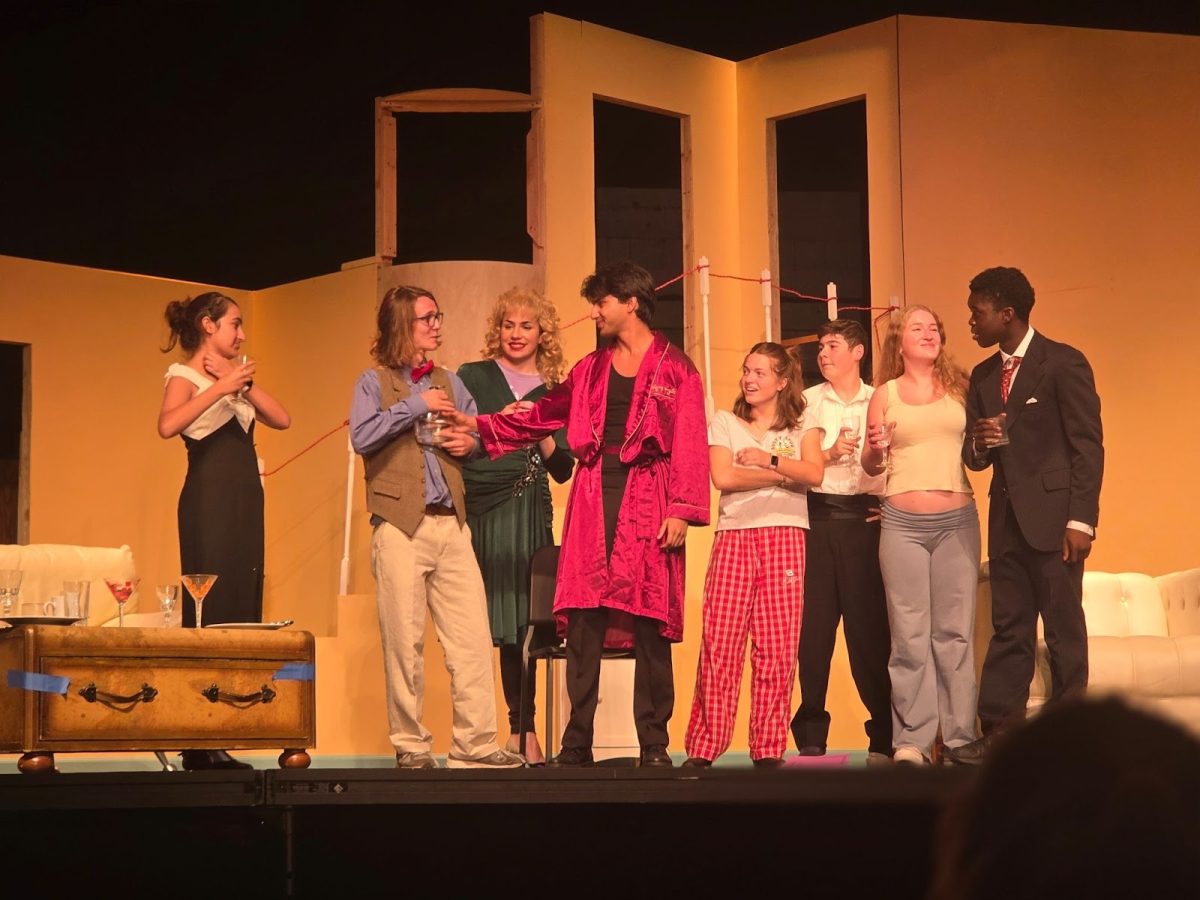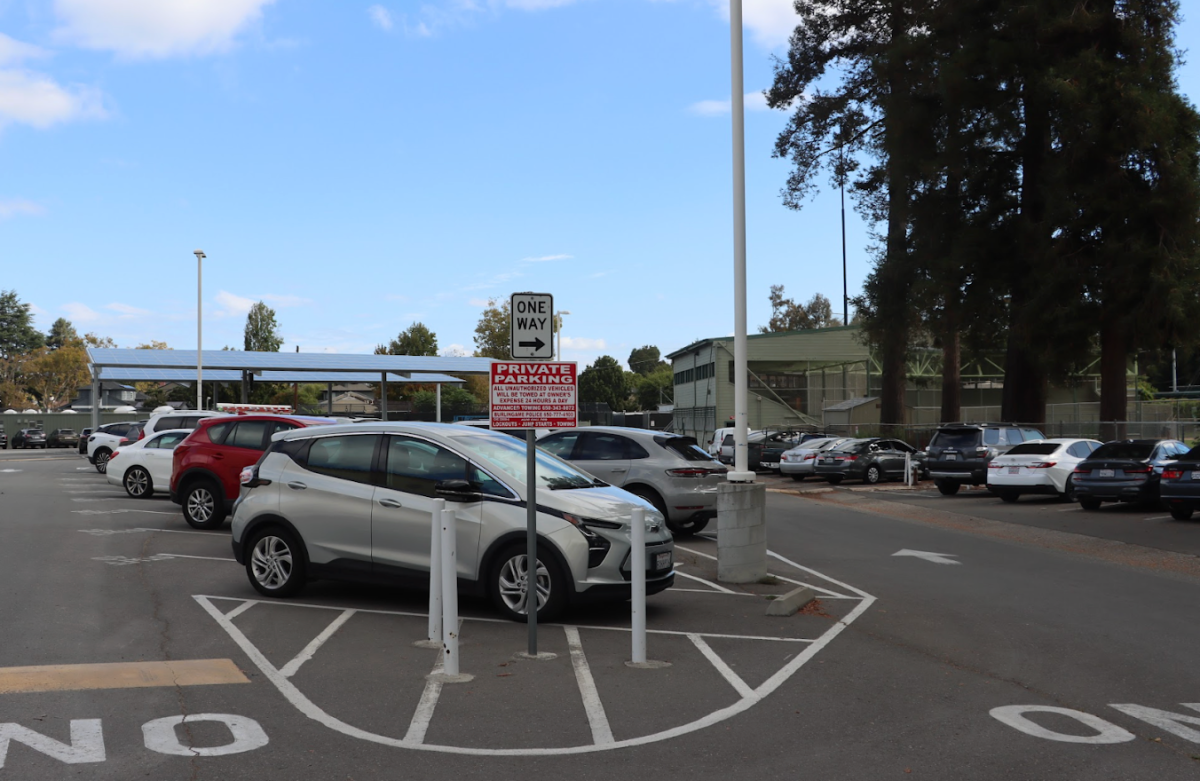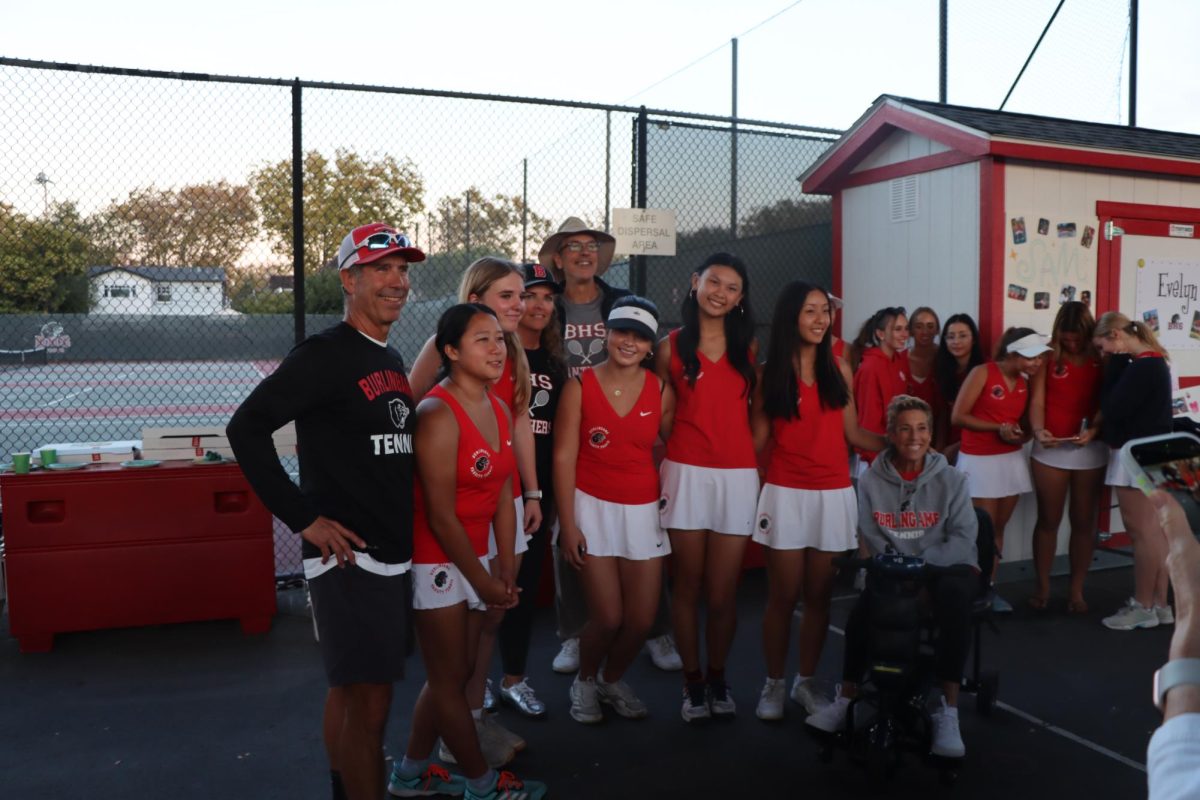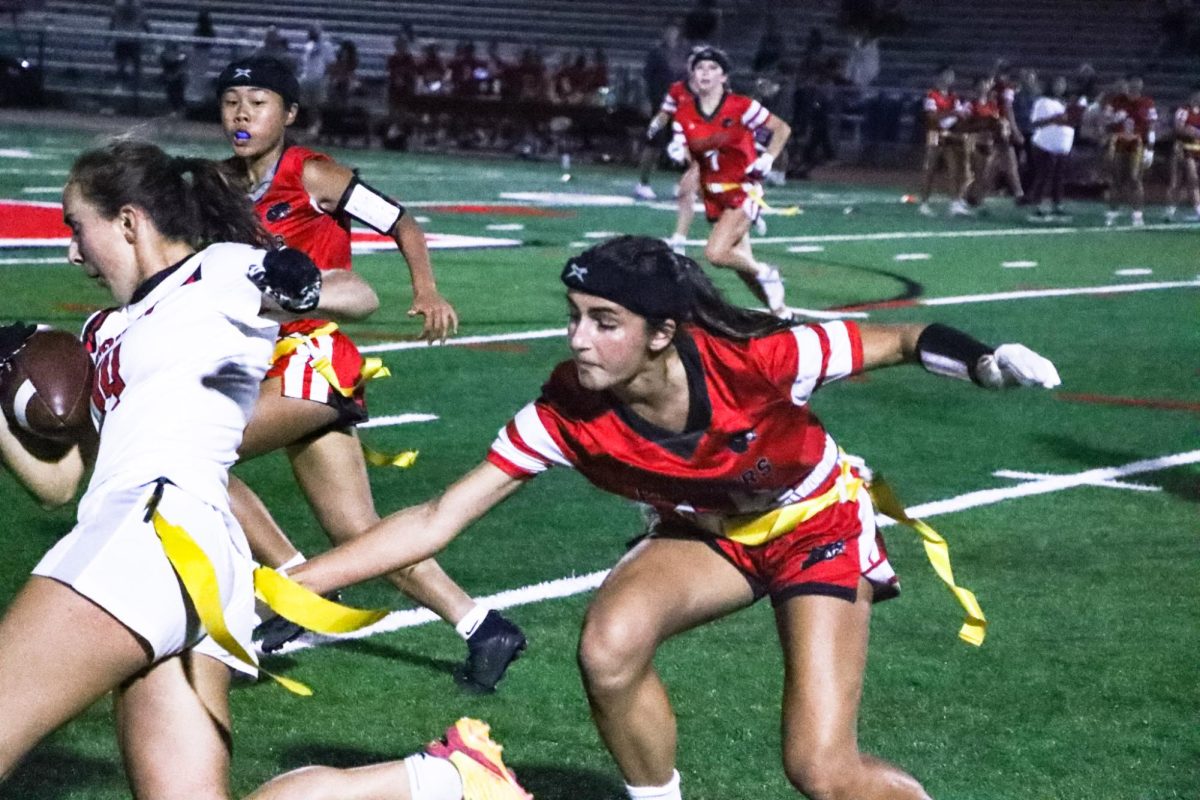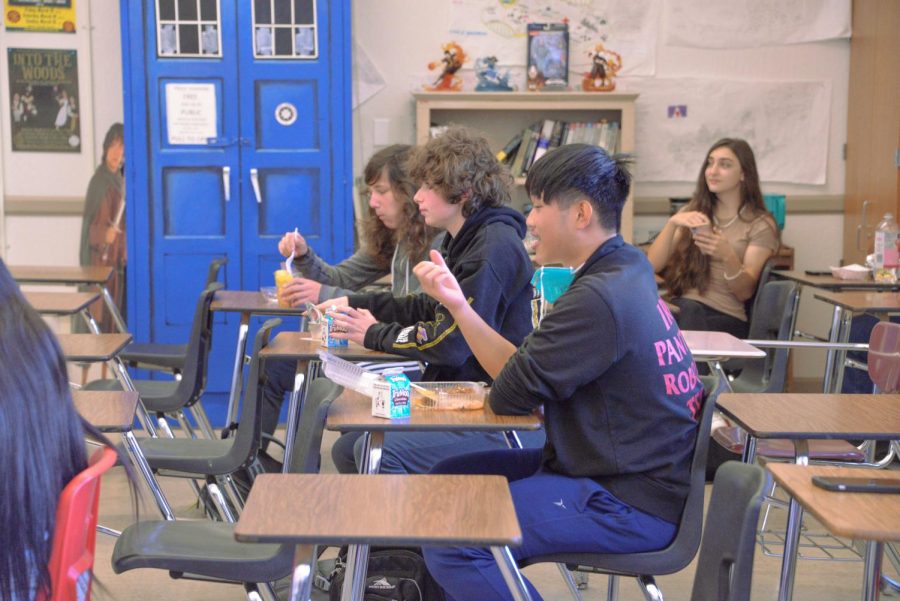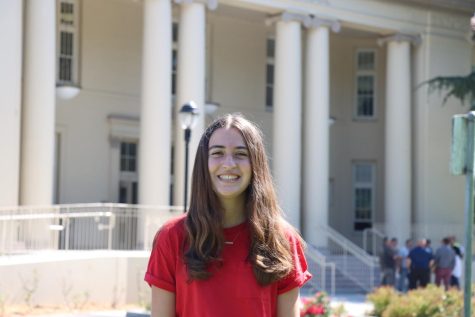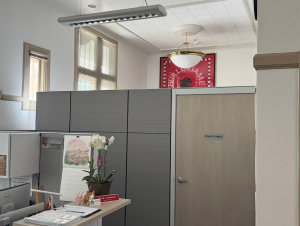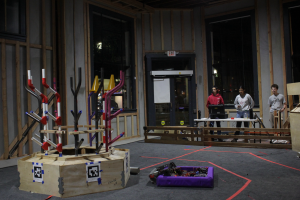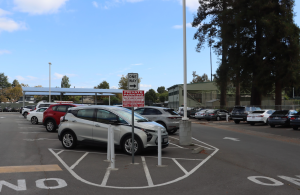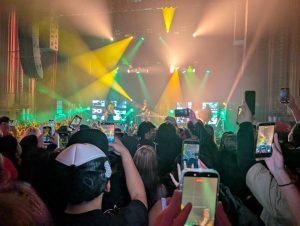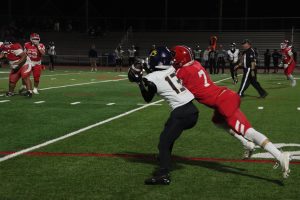Model U.N. reflects on Stanford conference and prepares for upcoming activities
Model U.N. club members attended a meeting in history teacher Jim Chin’s room following the Stanford conference. Students debriefed on their performances and discussed the possibility of attending future conferences in Berkeley and San Francisco.
December 22, 2022
When members of the Model U.N. club entered their first committee room at Stanford University on Nov. 11, they met 20 to 30 students from around the country to debate global policies, events and international relations. The chair of the committee then set guidelines and boundaries for the conference and opened the floor for students to introduce their respective country’s position and write up solutions for the future.
“Going to conferences is a big part of [Model U.N.],” sophomore Emmett Kliger said. “Without going to conferences, you don’t really have a Model U.N. club. I try to contribute relevant information and things that might not be obvious to make our conversations more complex and diverse.”
While some students entered the conference with past experience, others, such as freshman Lyra Sheng, participated in their first session at the high school level.
Sheng participated in Model U.N. during middle school, but her sessions at Stanford allowed her to focus on the crisis category for the first time. The crisis category recreates a historical circumstance and allows participants to dictate a new storyline. Sheng’s conference reimagined the Iran and Iraq War, and she represented the country of China.
“I recommend the crisis committee the most because it’s super fun,” Sheng said. “You’ll go into debate with other countries and give speeches, then will be updated every once in a while about which countries took action in the crisis notes.”
However, Sheng sees Model U.N. as more of a collaborative experience than a competition.
“A strategy that worked really well was simply collaborating with the other countries. Since it was my first crisis, I held back quite a bit. But to be able to learn from everyone else was very fun,” Sheng said.
As students spent their weekend in debate with other schools, they noticed various strategies that allowed their peers to excel.
“People in Model U.N. are very outspoken,” Kliger said. “They tend to either be very agreeable, or just energetic and over the top because that’s how you really stand out. Our goal is to win an award, and the way that we do that is by rising to the top.”
Kliger, despite having past experience, continued to emphasize the importance of preparing for and attending conferences.
“Even though it’s just one more conference, I definitely felt much more experienced compared to my first conference,” Kilger said.
Sophomore Will Adelman, along with his teammates, ended the conference with a positive attitude.
“Unfortunately, we didn’t win awards, but I still think that we all gained a lot of insight into how we can perform better,” Adelman said.

